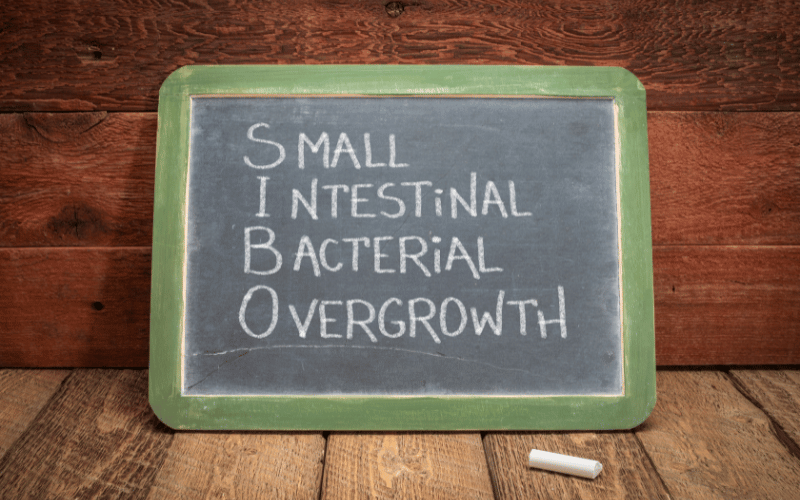Introduction
In the vast world of medical diagnoses and ailments, few have gained as much attention in recent years as gut health. Emerging as a crucial factor for overall wellness, our gut’s balance of bacteria has become a hot topic among both medical professionals and health enthusiasts alike. Within this realm, there’s one condition that stands out due to its intricacy and widespread impact: Small Intestinal Bacterial Overgrowth, widely known as SIBO.

SIBO, a condition characterized by an abnormal increase in bacteria within the small intestine, remains somewhat of an enigma. For many, its symptoms manifest silently, causing discomfort without a clear root cause. This makes the condition both intriguing and challenging to diagnose. For others, the overt symptoms of SIBO can be debilitating, affecting daily life, routines, and even mental well-being. But what causes this bacterial imbalance? And why does it affect some more than others?
One thing’s for certain: as we delve deeper into understanding our body’s intricate systems, the more we realize the significant role our gut plays. Our digestive system is not merely for processing food but is intrinsically tied to our immune system, mental health, and overall vitality. And while SIBO is just one piece of the puzzle, understanding its symptoms and causes is paramount for those seeking optimal health.
But let’s not get ahead of ourselves. To truly grasp the complexities of SIBO, it’s essential first to understand its most telling signs.
Symptom 1: Bloating and Gas

Bloating and gas might sound like trivial issues, but when these symptoms persist, they may be hinting at SIBO. The presence of excess bacteria in the small intestine leads to heightened methane and hydrogen gas production, explaining the bloated feeling post meals.
Interestingly, the root of this issue is not always the food consumed. Sometimes, an imbalance in the gut ecosystem takes the blame. Recurrent episodes can become disruptive, affecting routines and even one’s self-esteem due to the physical appearance of bloating.
Moreover, it isn’t merely a physical ordeal. Feeling perpetually inflated can have psychological ramifications, making one self-conscious and anxious, especially in public. This emotional aspect cannot be overlooked, as it intertwines with one’s overall well-being. (1)